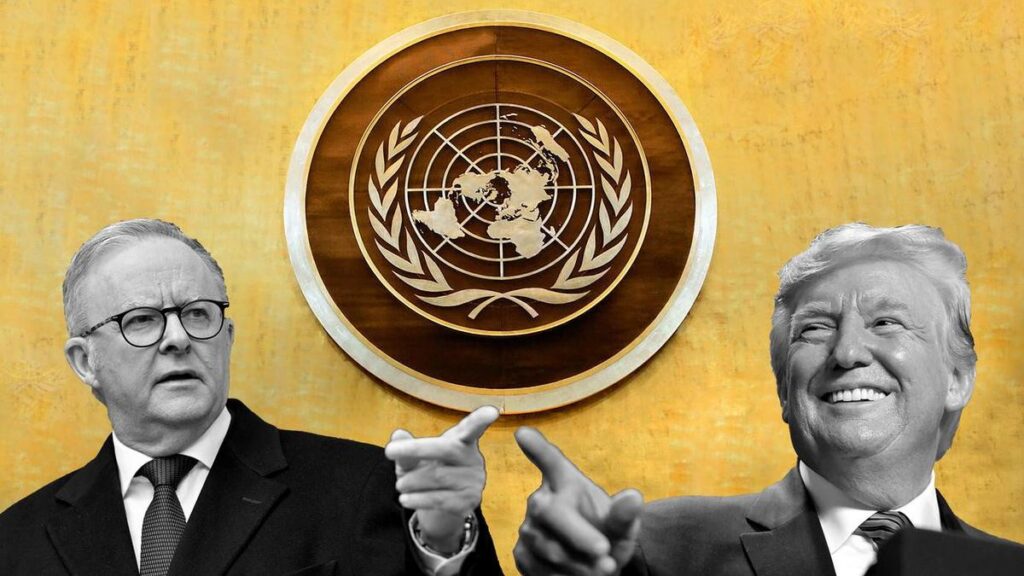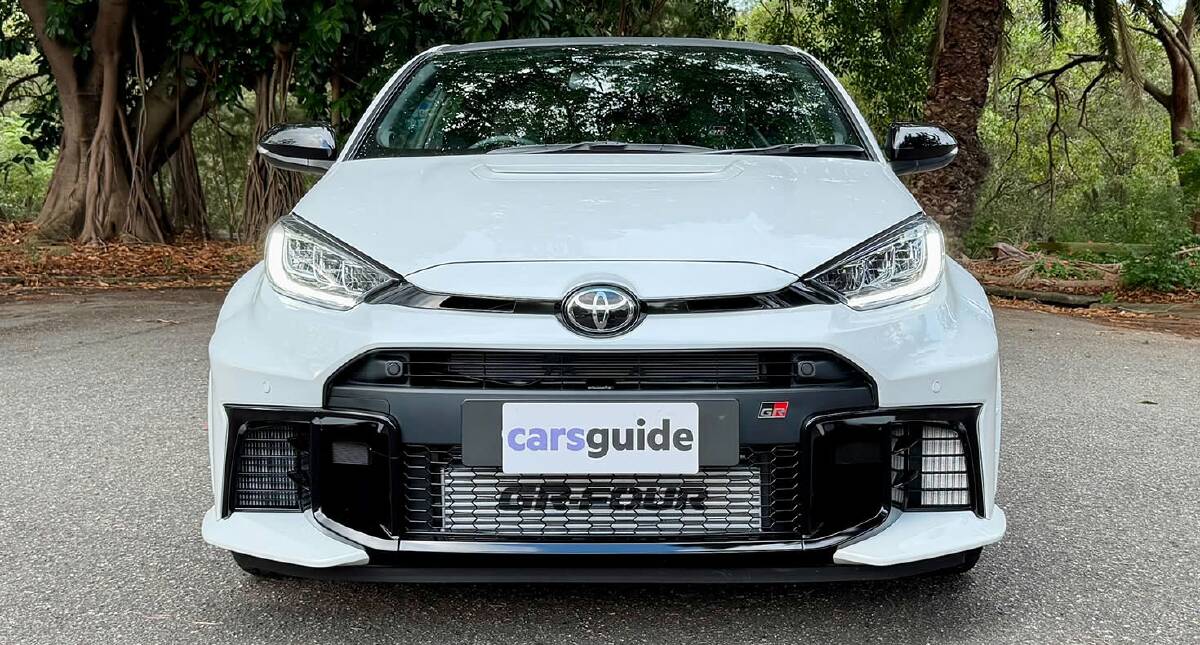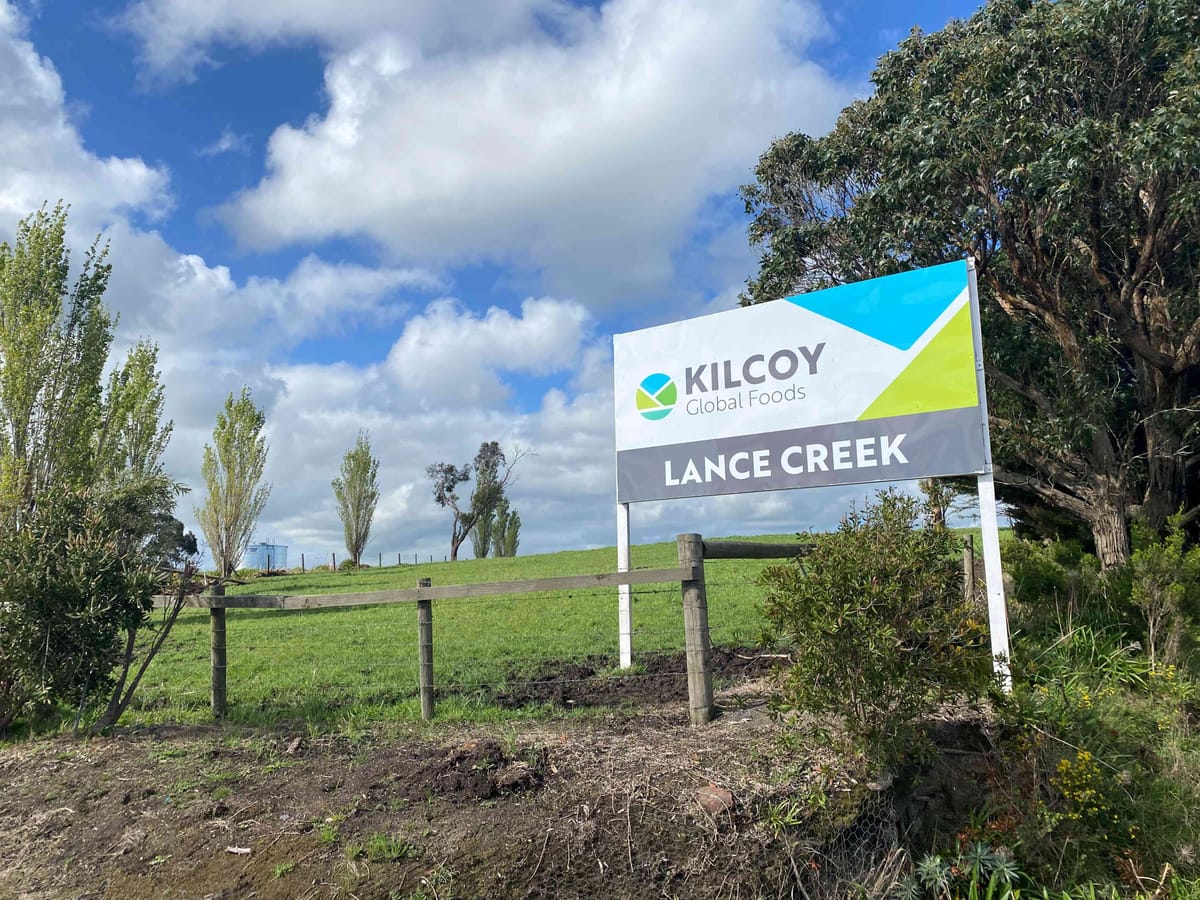
Australian Prime Minister Anthony Albanese will vie for attention among more than 100 world leaders at the United Nations General Assembly in New York, after missing out on a formal meeting with Donald Trump. Albanese is scheduled to attend a reception hosted by Trump and First Lady Melania Trump on September 20, 2023, but Australia has not made it onto the president’s official agenda. Trump’s schedule includes bilateral discussions with leaders from Ukraine, Argentina, Egypt, Pakistan, and Turkey.
Analysts suggest that the Australian government’s recent decision to formally acknowledge Palestine may have influenced this diplomatic oversight. However, some experts argue that not having a formal meeting might actually prove beneficial for Albanese. According to Gordon Flake, chief executive of the Perth USAsia Centre, meetings with Trump often carry a transactional nature that may not serve Australian interests well.
“Given the current global climate, I believe there are more pressing priorities for us than a one-on-one with President Trump,” Flake stated. He added that while there may be concerns about the absence of a leader-to-leader summit, Australia is positioned well without immediate crises demanding direct intervention.
On the same day as the reception, Albanese will address an event aimed at showcasing Australia to international investors. His remarks will focus on the government’s multi-billion-dollar “future made in Australia” policies, aimed at promoting local manufacturing and innovation.
Looking ahead, the next opportunity for Albanese to meet with Trump will be during the upcoming APEC and ASEAN summits, set to take place in South Korea and Malaysia, respectively, in October. Deputy Prime Minister Richard Marles expressed confidence that a meeting between Albanese and Trump will occur soon, stating, “The Australia-US relationship is in a good place, and I have no doubt there will be a meeting in the near future.”
While Albanese is expected to have a brief handshake with Trump at the gala dinner, any further engagement remains uncertain. The opposition has raised concerns regarding the prime minister’s inability to secure a meeting with the US president, emphasizing the significance of discussing critical issues such as Trump’s tariffs and the AUKUS nuclear submarine agreement. Kevin Hogan, opposition trade spokesman, criticized the situation, noting, “It is concerning that over 30 world leaders have had face-to-face interactions with the US president while our prime minister has not.”
As the world watches closely, the unfolding dynamics between Australia and the United States will likely remain a focal point in international relations, particularly in light of upcoming summits and the evolving geopolitical landscape.






